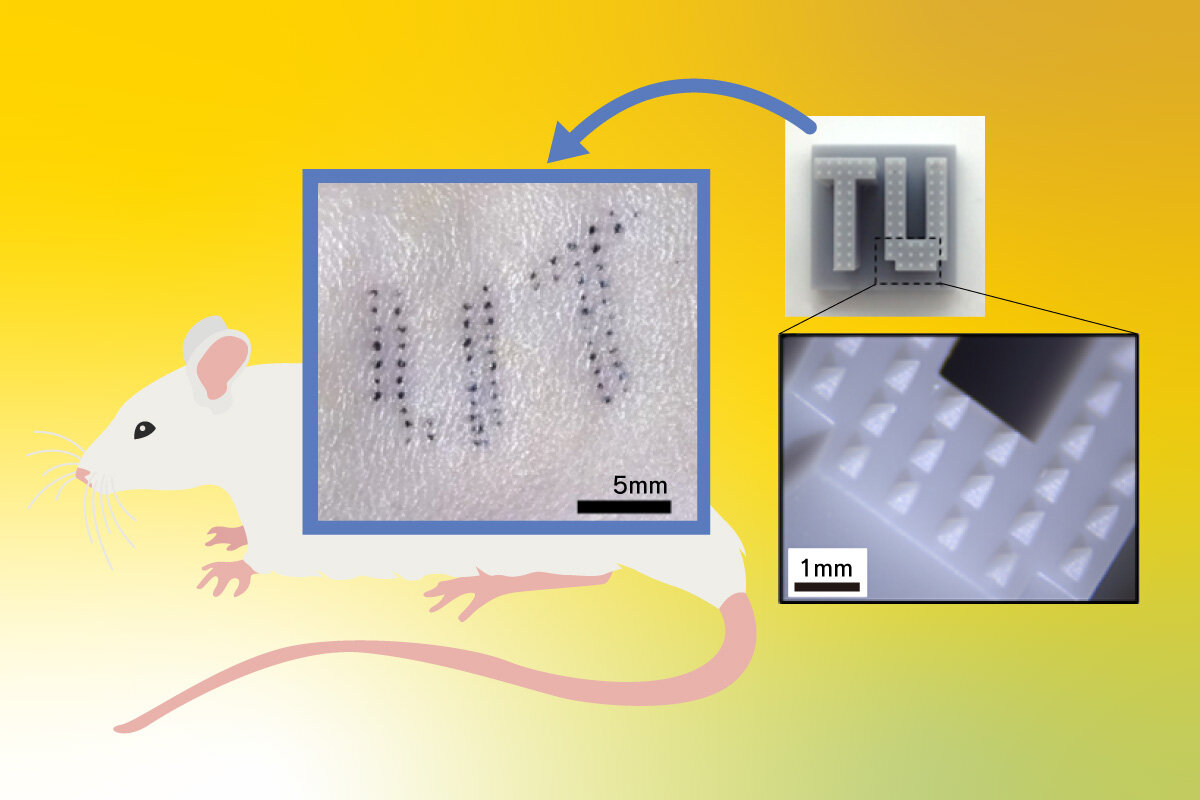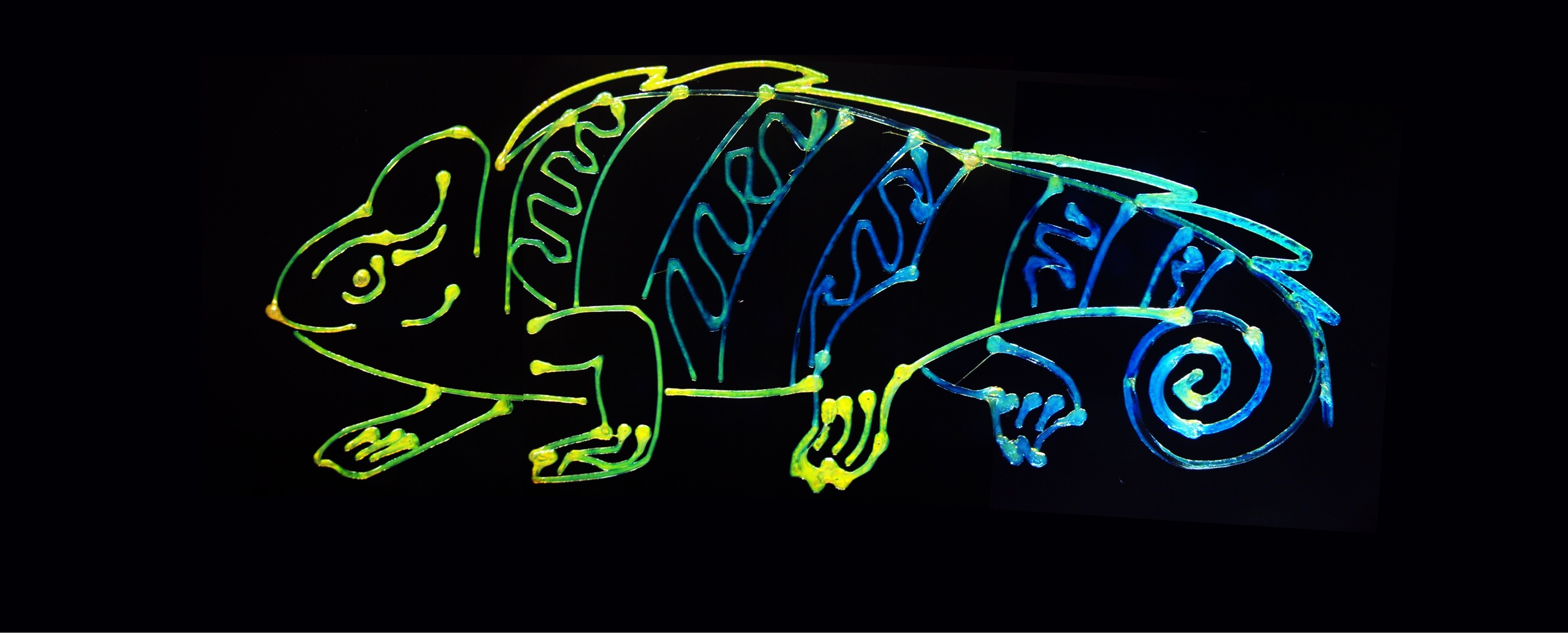Unexpected Consequences of Artificial Light
A recent study has revealed an unexpected consequence of urban streetlights: they can make tree leaves less palatable to insects. Specifically, researchers discovered that the artificial light emitted by streetlights can disrupt the natural balance of plant hormones in trees, making their leaves tougher and less appetizing for herbivorous insects.
Implications for Urban Ecosystems
This finding has significant implications for urban ecosystems. Indeed, insects play a crucial role in maintaining biodiversity and pollination. Consequently, their populations can be negatively affected by changes in plant quality. As a result, a reduction in insect activity could, in turn, disrupt the food chain and have cascading effects on other organisms within the ecosystem.
To investigate this phenomenon, the research team selected 30 sampling locations along major roads in Beijing, spaced about 100 meters apart and typically illuminated throughout the night. They measured the light intensity at each site to assess exposure to artificial light.
Furthermore, nearly 5,500 leaves were collected and examined for signs of insect damage, as well as traits potentially influenced by artificial light, including size, toughness, water content, and levels of nutrients and chemical defenses.
Findings on Leaf Toughness
The study found that higher light levels were associated with tougher leaves. Specifically, both tree species exhibited increased leaf toughness under higher artificial light conditions. Moreover, leaves in brighter environments showed less evidence of insect damage. In fact, the more intense the artificial light, the fewer leaves displayed signs of herbivory.
While the exact mechanisms are still being investigated, it is believed that artificial light disrupts the production of plant hormones. These hormones regulate leaf growth and development. As a result, this disruption can lead to thicker, more fibrous leaves. Such leaves are less desirable for insects to consume.
The Need for Thoughtful Urban Lighting
As cities grow and urban areas become more common, the impact of artificial light on natural ecosystems must be considered. Therefore, this study underscores the importance of carefully planning and designing urban lighting systems to minimize negative effects on plant health and biodiversity.







